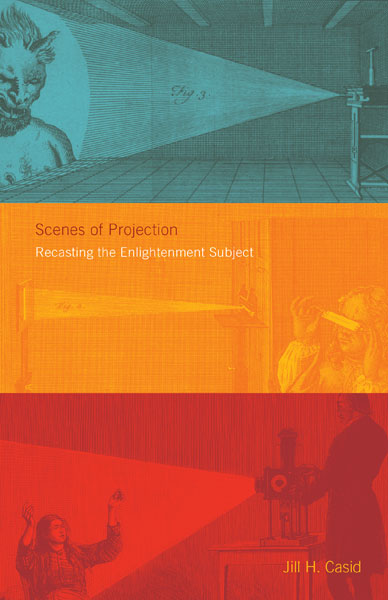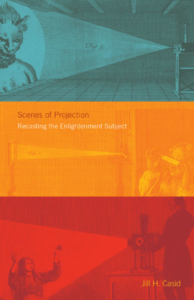
I Pay No Attention: Autonomy and Latin Americanism in The Vanishing Frame
Many of us are familiar with the ending of Jorge Luis Borges’s “Tlön, Uqbar, Orbis Tertius,” in which the world is being taken over by a man-made universe turned real, in a now too clear reference to Nazism: “Then English and French and mere Spanish will disappear from the globe. The world will be Tlön.” The story, however, contains one more line, not as well-known, but perhaps more significant to the real meaning behind the narration: “I pay no attention to all this and go on revising, in the still days at the Adrogue hotel, an uncertain Quevedian translation (which I do not intend to publish) of Browne’s Urn Burial.”












